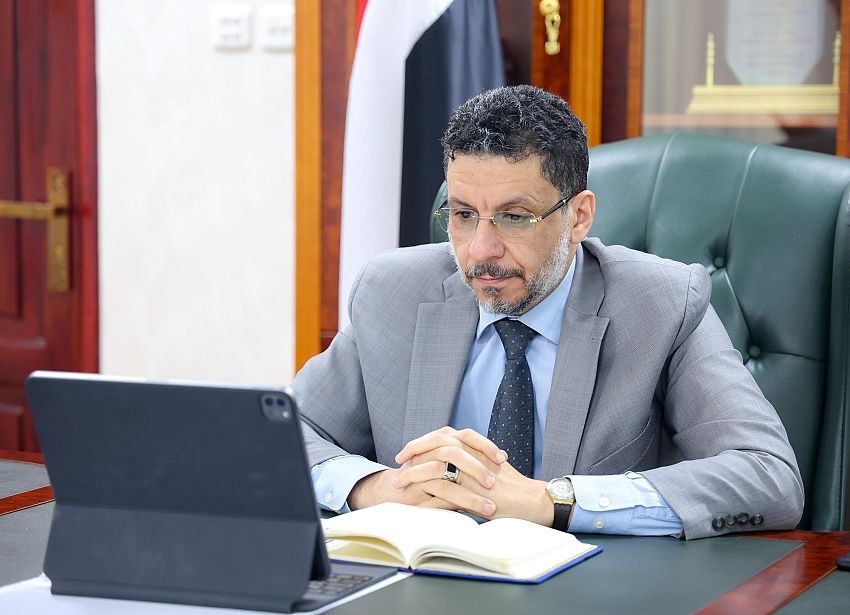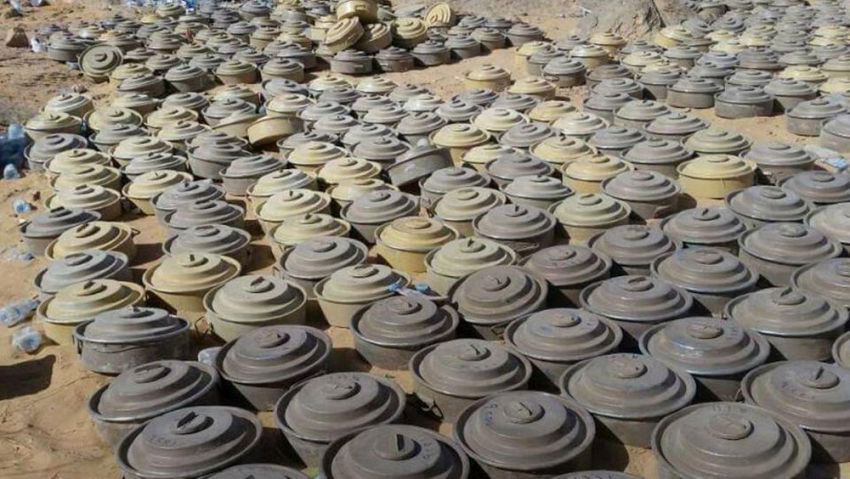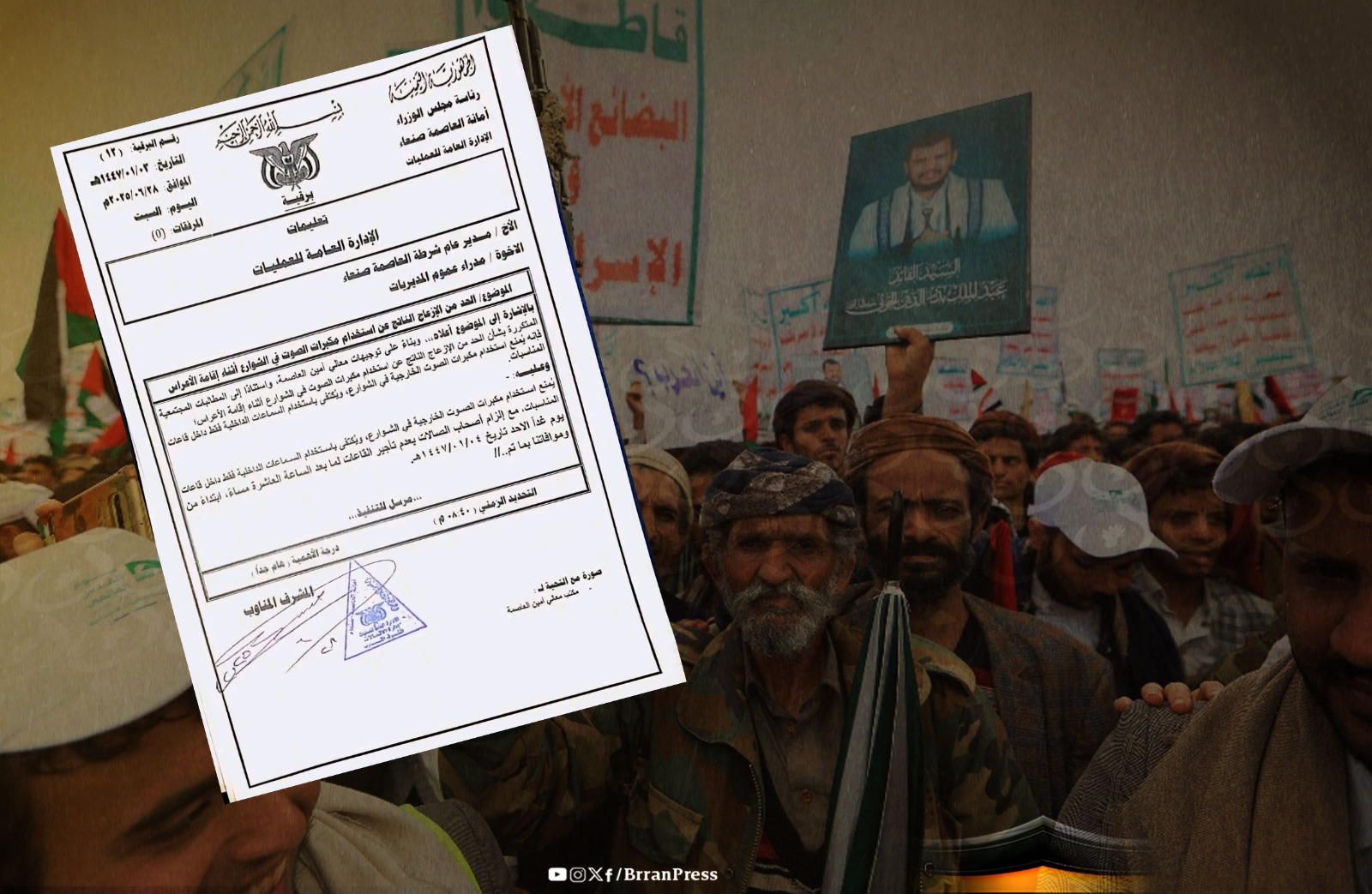
Barran Press
The European Union (EU) reaffirmed its support for the Yemeni Presidential Leadership Council and the internationally recognized government's efforts to implement financial and administrative reforms, and combat corruption.
This statement came during a virtual meeting on Monday, July 29, 2024, between the Prime Minister of the internationally recognized Yemeni government, Ahmed Awad bin Mubarak, and EU ambassadors accredited to Yemen.
During the meeting, EU ambassadors emphasized their continued support for the UN Special Envoy's efforts to achieve a comprehensive settlement to the crisis in Yemen, according to the official Yemeni news agency Saba.
The Prime Minister discussed with the EU ambassadors the developments in Yemen and the region, highlighting the government's efforts to address economic and humanitarian challenges.
He outlined the five tracks of his program, which include achieving sustainable peace, combating corruption and promoting accountability, transparency, and financial and administrative reform, developing economic resources, and making optimal use of foreign aid and grants.
Bin Mubarak emphasized that the comprehensive reform of institutions and the revival of the social security system through relevant institutions and bodies are among the key issues that the government will work to achieve.
The Prime Minister stressed the collective responsibility to pressure the Houthi militia to release humanitarian workers held captive, highlighting the government's efforts with the UN and at the highest levels to achieve this.
The meeting also addressed political and security challenges and efforts to resume the political process, according to Saba.
On Sunday, the Yemeni Prime Minister, during a meeting with the Economic and Social Committee of the Consultation and Reconciliation Authority, discussed a comprehensive economic plan in light of recent developments and changes, in cooperation with Yemen's development partners among donor countries and organizations.
He emphasized the role of the committee and the Consultation and Reconciliation Authority in supporting the government's efforts to implement economic, financial, and administrative reforms, focusing on enhancing transparency, accountability, and combating corruption.
He stated that the economic battle in these circumstances is no less important than the military battle to complete the restoration of the state and end the Iranian-backed Houthi coup, especially since it affects the livelihood and lives of citizens, and there is no room for complacency.
The internationally recognized Yemeni government faces economic challenges exacerbated by the halting of oil exports following Houthi attacks on oil export ports in late 2022. This has led to a shortage of alternative revenue sources like tax and customs revenues, which could cover a portion of the lost resources.
In early July, the World Bank warned of the repercussions of the continued halt of oil exports, stating in a report that the public finances of the internationally recognized government experienced a significant decline in 2023, with revenues decreasing by over 30% due to the sharp decline in oil revenues and a reduction in customs revenues as imports were redirected from Aden to ports under Houthi control.





